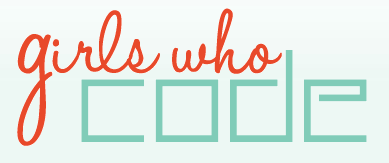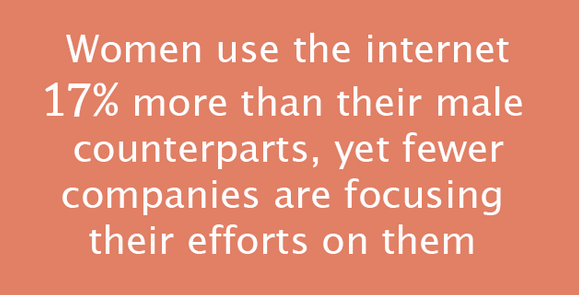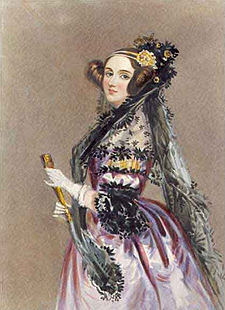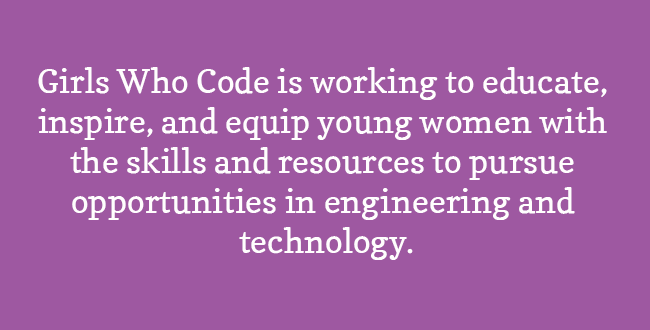
OK, I was chatting with Reshma Saujani from Girls Who Code, providing modest social media help, and blurted out that "code is power." Here's the deal.

The easiest way to power is to be born into a family with privilege and elite status. You get more influence by building networks, and far too often, by preventing powerless people from getting ahead. You have to be cautionary: bad actors will try to hijack good efforts, like nonprofits who tell a good story and disappear with the money.
The vast majority of people anywhere don't usually have much of a voice or any influence. Usually, regular people, the grassroots, only manage to acquire power when they use technology to work together. Technology enables people to magnify their team power, acting as a force multiplier. They can get people to the streets, and raise money.
Most importantly, folks can create the perception that their cause is an idea that's the right thing at the right time. Victor Hugo observed that there's nothing so powerful as an idea whose time has come.
Girls Who Code is a nonprofit that teaches under-served girls how to computer program, funded by Google, eBay, GE, and many others. These folks know code as a form of expression, the 21st century way of expressing yourself and your identity. The girls are creating apps to communicate with each other and their communities.
George R. R. Martin observes that a girl is powerful if other girls perceive her as powerful. (As a nerd, I figure I can paraphrase Game of Thrones.)

That is, historically speaking, power and influence is driven by money and coalition building, kind of small scale networking.
Sometimes, grassroots leaders need to invent or repurpose tech to get anywhere. Ben Franklin invented the post office (store and forward network) and used the printing press. Martin Luther used the press, the existing church store, and forward network. St. Paul built the church network.

Then there's Ada Lovelace who took notes that contained what's considered to be the first computer program -- that is, an algorithm encoded for processing by a machine. Anita Borg's responsible for including women in the tech revolution, and founded the Systers online community in 1987, much before online communities were part of the mainstream. Marissa Mayer was the first female engineer hired at Google and one of their first 20 employees in 1999. (Hey, Marissa, I still use Pine!)
All these folks used tech to build grassroots networks to great effect. They're what we now call "bloggers."
Now we've got the Internet, held together with code, infrastructure where people can build tools which unite regular people for collective influence. The Net tends to level the playing field, and that tendency only increases over time.
That is, the Internet is dramatically lowering the cost of influence and power.
Women Who Tech is doing good stuff with women in the tech world. Diversifying the tech sector's the main inspiration behind the Women Who Tech TeleSummit. The philosophy is: "If we are going to truly create technology and products for the masses, the tech world must be inclusive of all perspectives." It goes right back to influence and empowerment. @WomenWhoTech created an infographic that shows how women really influence technology.
My own contribution was based on code I wrote between 1995 and 1999, starting with a desire to give back to the community. It's worked out OK, and has helped maybe a hundred million people, or more, mostly Americans.
Any influence I get from that, well, I just don't need or really want; I've got what I need, like a really good shower and my own parking place. Instead, I use my meager influence on behalf of the stuff I believe in. You'll see me either pushing the good work of people who get stuff done, or indulging my sense of humor. (Note to self: I'm not as funny as I think I am.)
To be sure, I don't feel this is altruistic or noble, it's just that a nerd's gotta do what a nerd's gotta do.
My thing, craigslist, was accidental. It ran much better after people helped me understand that as a manager, I suck, and I got someone smarter to run things. I devoted myself to customer service, but I'll only be doing that as long as I live.
If you want to see someone building code that might drive very large scale influence, consider Stefani Germanotta, and something called Backplane. She already unites tens of millions of people from the grassroots, people who've never had a voice or any power, the "little monsters." Backplane might be the force multiplier that might really work for the disenfranchised.
It's quite possible that Ms. Germanotta might become one of the most powerful humans on that planet; don't underestimate her. I like the idea that, while I'm no little monster, as a nerd I'm the 1950s equivalent of one.
You can use platforms like Facebook to exert influence by building a network and getting people to Share your cause via your social network. We're really talking about your "social graph," that is, your friends or subscribers, and then their friends and subscribers.
If you can code, though, you can build something like an app to magnify your influence, doing the force multiplier thing. The deal is, code really is power.
I don't code anymore, so I'm considering that I should commission the following force multiplier.
If you want to preserve your right to vote, you need to exercise it. It's "use it or lose it". Take that literally.
I need an app where:
So, #2 functionality is already available.
#4/5/7 require the code to be mildly annoying, just like me.
Hey, @GirlsWhoCode, looking for a good test case?

